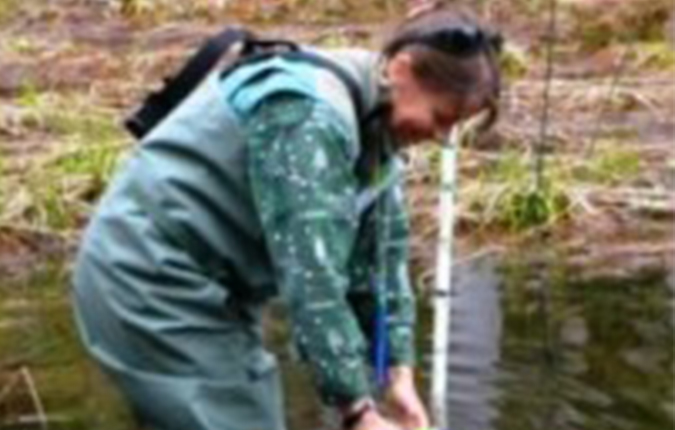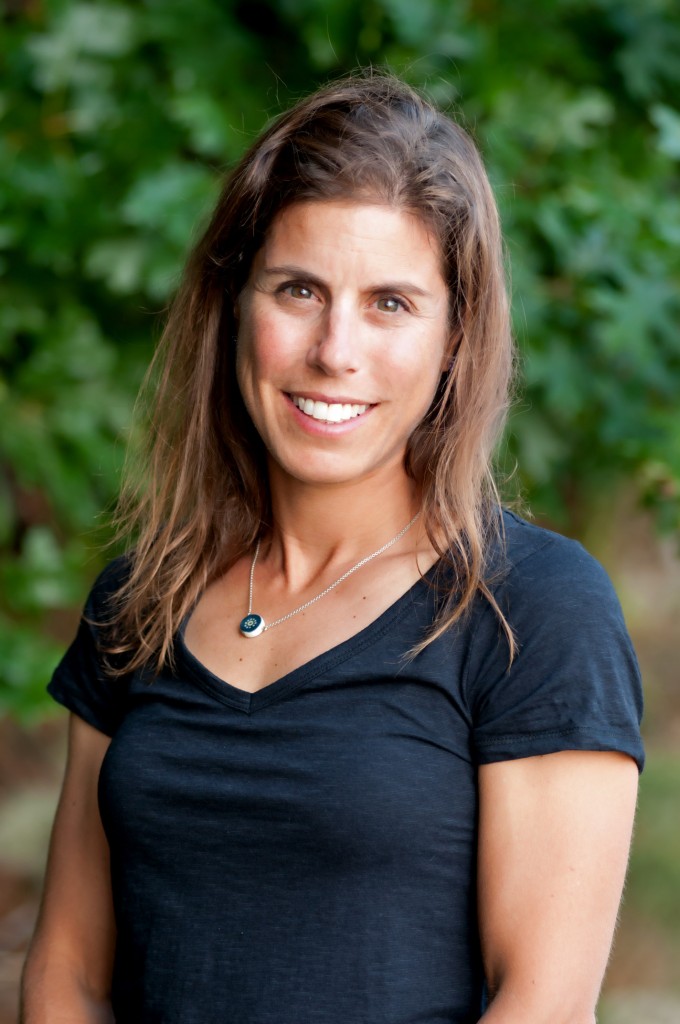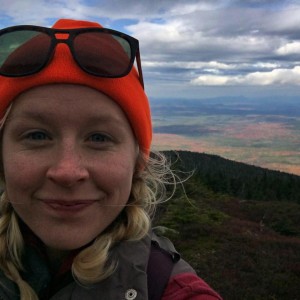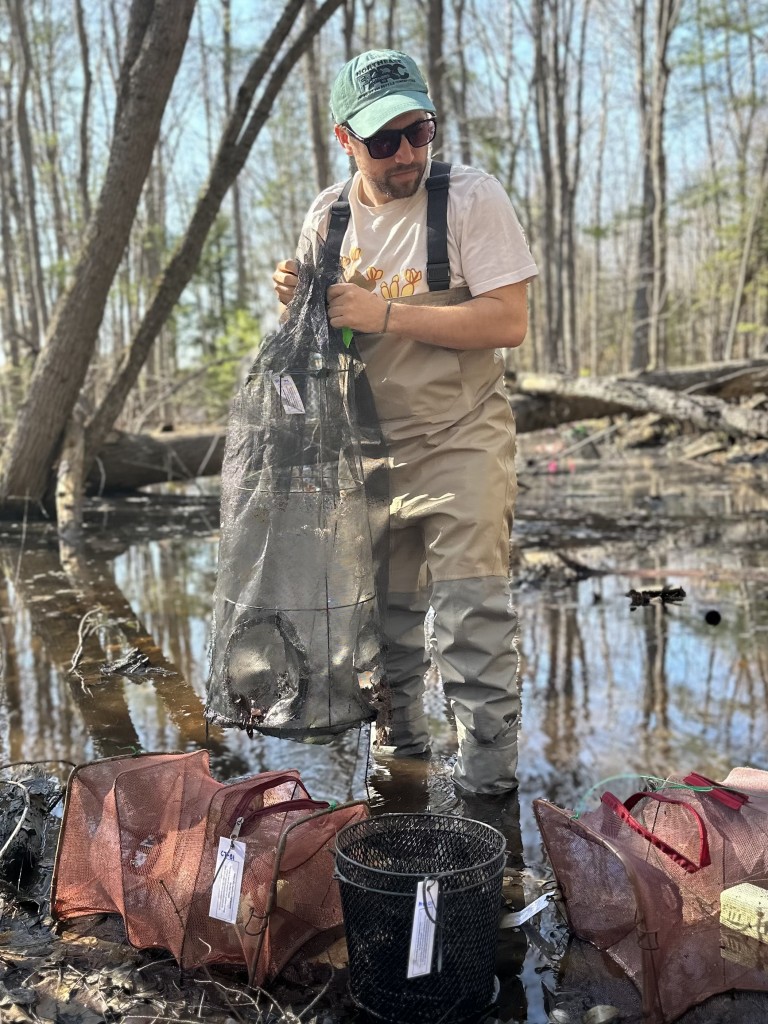
Of Pools and People
NSF Research Traineeship (NRT) Program in Conservation Science and Practice at the University of Maine
New program aims to prepare the next generation of conservation leaders, see https://umaine.edu/conservationscience/.

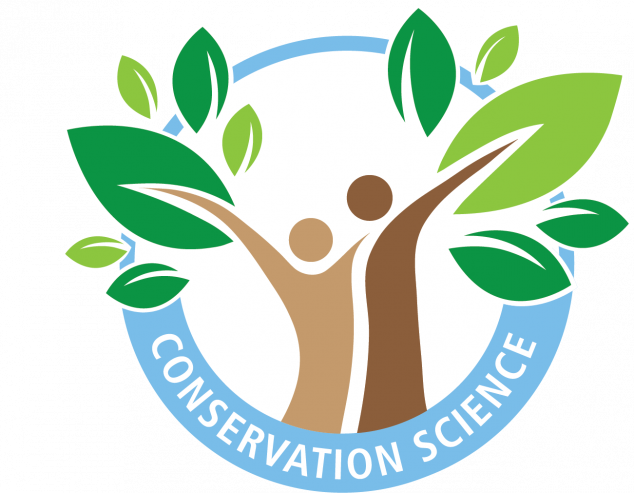 A unique traineeship program designed to produce interdisciplinary environmental conservation leaders now offers Master’s and Ph.D. degree opportunities to address the challenges presented by global and local changes in environmental, social, economic and climatic conditions. The National Science Foundation Research Traineeship (NRT) Program has awarded the University of Maine “NRT: Enhancing Conservation Science and Practice”
A unique traineeship program designed to produce interdisciplinary environmental conservation leaders now offers Master’s and Ph.D. degree opportunities to address the challenges presented by global and local changes in environmental, social, economic and climatic conditions. The National Science Foundation Research Traineeship (NRT) Program has awarded the University of Maine “NRT: Enhancing Conservation Science and Practice”
Protected areas at all scales conserve ecological and sociocultural systems, promote geological, biological, and cultural diversity, and protect landscapes and ecosystem function. Since the 1970s, global policies have increasingly linked nature conservation with human development goals, particularly as we move towards a more integrated and collaborative paradigm for protected areas. As of 2015, protected social-ecological systems have been identified as one of the United Nations’ sustainable development goals to reduce poverty and support sustainable livelihoods for all people. The University of Maine’s Conservation Science M.S. and Ph.D. graduate program will train the next generation of conservation leaders: these scholars will integrate biophysical and socioeconomic sciences in collaborative, engaged, and solutions-driven research, professional development, and coursework.
Transdisciplinary research and active learning experiences central to the program will address governance frameworks, biodiversity conservation, sustainable rural livelihoods and resource dependent economies, stewardship values, citizen science and participation, and spatial sciences. Our goal is to build a well-trained and experienced workforce to advance conservation solutions that will ultimately lead to enhanced resilience of socio-ecological systems in Maine and beyond.
For additional information about the graduate program please see our Specialization in Conservation Science.
Learn more about our Past Research. Or, View Our Publications
Our Team
Dr. Calhoun joined the faculty of the Department of Wildlife, Fisheries, and Conservation Biology in September 2007, with research interests in vernal pool ecology and conservation and wetland ecology. Before coming to the Department, Dr. Calhoun was an Associate Professor for the Department of Plant, Soil, and Environmental Sciences from 1998-2007. Dr. Calhoun is active in community based local conservation of vernal pools and landscape scale approaches to conservation. Learn More Dr. Calhoun’s CV
Dr. Jansujwicz is a Research Assistant Professor in the Department of Wildlife, Fisheries, and Conservation Biology and a faculty fellow with the Senator George J. Mitchell Center for Sustainability Solutions. Broadly, Jessica’s research focuses on the connection between humans and natural resources and aims to integrate stakeholder values, concerns, and information needs into policy development, conservation planning, and the scientific research process. More specifically, she is interested in participatory approaches to policy making and science with an emphasis on collaboration, citizen science, and interdisciplinary, stakeholder-driven research. Past and current research topics include regulatory and community-based approaches to vernal pool conservation, sustainable development of tidal power, and trade-offs in decision-making regarding the future of dams in New England.
Megan is a Master’s student in the NRT Conservation program and the Wildlife, Fisheries, and Conservation Biology department at the University of Maine. She has a BS in Biology with a botany option and an MS in Ecology and Environmental science, where she studied pollinator ecology. She took a break from research to work in education. She worked as the science department head for Forest Hills high school in Jackman, Maine, and then as the curriculum coordinator for the education non-profit Rural Aspirations. Megan’s research will combine her science and education background to focus on human dimensions of vernal pool conservation with a focus on improving practices and relationships between small private landowners, municipalities, and land trusts.
You can learn more about Megan at https://www.beesofmindme.com/beesofmineabout-mee.
Harrison is a PhD candidate at the University of Maine studying vernal pool ecology and conservation, with a focus on ecological interactions in the blue-spotted salamander complex. Harrison is interested in unraveling hidden mysteries in vernal pool communities and developing new approaches and technologies, including environmental DNA (eDNA) and bioinformatics, to better understand and protect biodiversity of Maine’s forested wetlands. Harrison grew up in Queens, NY and has a BA in Environmental Studies from Brandeis University and an MS in Ecology from SUNY College of Environmental Science and Forestry. Harrison moved to Orono, Maine in the fall of 2021 and, together with Dr. Noah Charney, collaborates with scientists and managers throughout the northeastern United States on vernal pool conservation.

